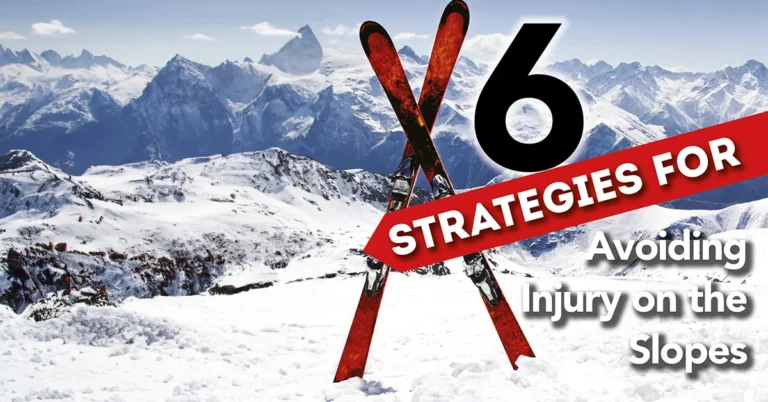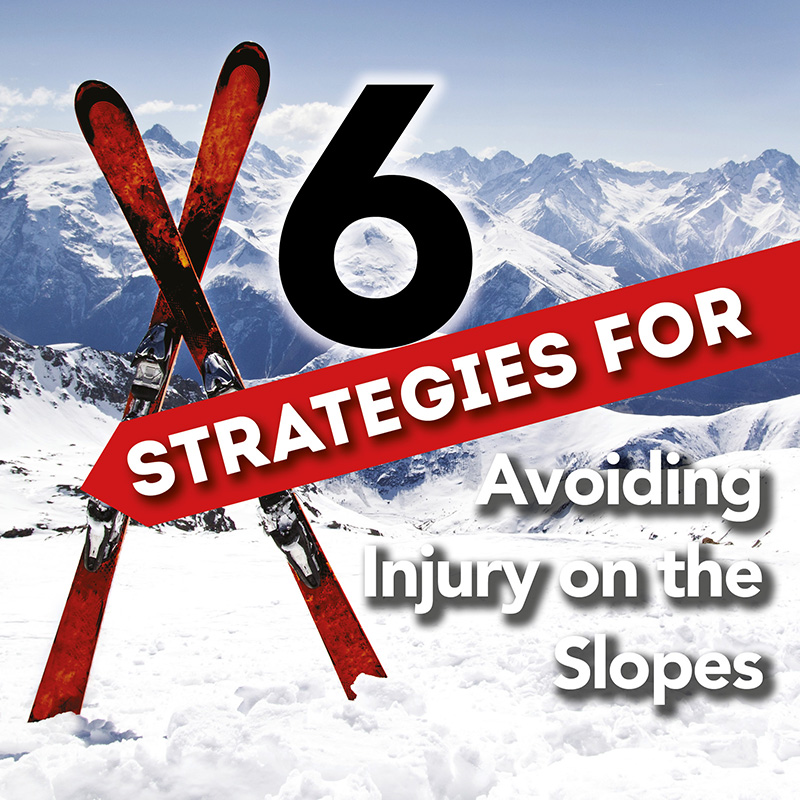Shred the Slopes Not Your Body
Are you soon to hit the slopes? If so, are you prepared? I am not referring to your purchase of the latest ‘look’ to cruise the slopes in style or sussing out the best Apres ski spots. I am referring to you – your body, is it prepared and ready to take on the physical demands of skiing or snowboarding to return home without a cast or crutches? Alpine skiing and snowboarding are classified as extreme sports due to the involvement of high speeds and an increased propensity for participants to jump and perform acrobatic maneuvers (as seen on TV, seemingly easy, yet another story when you the amateur attempt them). There is an increasing involvement in winter sports, with nearly 1 million people from the UK skiing or boarding annually. In Scotland we are blessed with nearby snow resorts and many of us hit the slopes when the weather holds.
There are risks involved when participating in snow sports. Alpine skiing and snowboarding take place in environments where medical care may not be readily available on site. Because of these challenges, greater emphasis needs to be placed on skill, preparation, and safety strategies/equipment to prevent serious injury. Hopefully you will be able to get down the slopes without the need for a rescue! But before travelling check your medical insurance includes extreme sports, you may need to purchase extra cover for your holiday.
In both skiing and snowboarding, the leading cause of death and catastrophic injury is traumatic brain injury (TBI) but serious injury is rare. Head injuries and concussions account for 25 to 30% of injuries in total but musculoskeletal injuries are far more common, albeit less serious. When skiing you are at greater risk of sustaining an injury to your lower limb; most commonly knee injuries such as sprains and tears to the collateral or cruciate ligaments of the knee. Snowboarders on the other hand sustain most injuries to their upper limb; frequently sprains or fractures to the hand and wrist or shoulder dislocations.
But it’s not all doom and gloom. Wearing a helmet and being physically prepared for your trip can significantly reduce your risk of injury. There are also many benefits to a skiing holiday, not only is it fun and being outdoors enjoying the beauty of your natural surroundings is good for your soul and mental outlook. But undoubtedly the physical exertion is great exercise for your musculoskeletal and cardiovascular systems. These tips can help make your winter wonderland wicked rather than weary and wounded!
Why not start your holiday in pristine condition? If you know you have a knee or back niggle visit your physiotherapist for some hands-on treatments and exercise prescription so you can enjoy your trip without any flare-ups. Your physio can also prescribe strengthening exercises for your knees and quadriceps muscles (thigh muscles); the stronger they are the better they can absorb the impacts of skiing and snowboarding without injury. Yoga, Pilates and core strengthening will improve your balance and control which again may save you from a fall and subsequent injury. In addition to this being physically fit will make your skiing better and more enjoyable. Injuries often occur later in the day when fatigue sets in and concentration levels lag. The fitter you are the longer you will be able to stay out on the slopes without increasing your injury risk.
Fortunately, most snow sport injuries can be treated with rest (load modification), first aid management, bracing, pain medication and physiotherapy. Some more severe fractures and ligament tears may require surgical intervention where recovery periods can vary from 3 to 6 months, and necessitate intensive rehabilitation. So, remember, on returning from your trip, should you have any sprains or strains get treatment early, rather than waiting to see if it will resolve itself. Early treatment and rehabilitation of an injury from a sports physiotherapist guarantees better long term outcomes.
A skiing holiday is great fun, and these risks shouldn’t deter you from going and enjoying your time. Use these tips to get better prepared and stay injury free. Remember if you have a problem you can always give us a call on 0131 478 4646 or book an appointment online.



